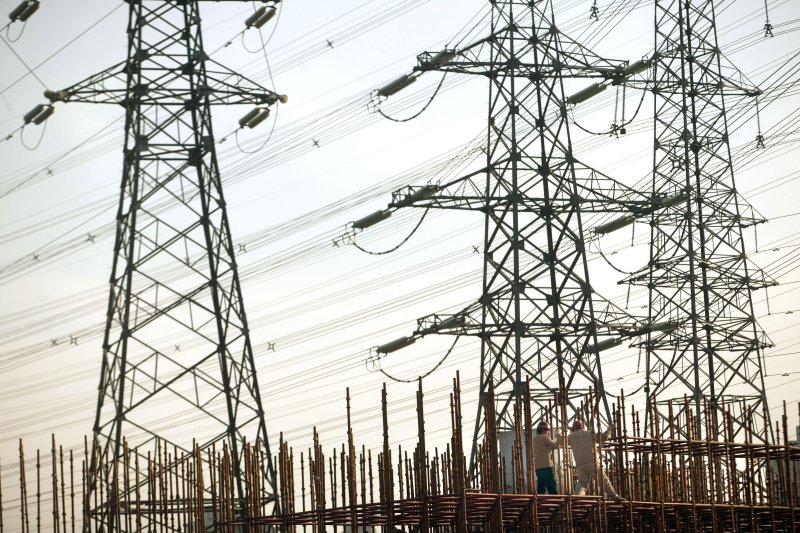Asian Development Bank offers financial hand to Pakistan to help with energy sector developments. File photo by Stephen Shaver/UPI |
License Photo
MANILA, Aug. 25 (UPI) -- With energy and resource development among its priorities, the Asian Development Bank said Tuesday it was lending a substantial financial hand to Pakistan.
ADB said it approved a provisional assistance package of at least $1.2 billion per year on average through a partnership with Pakistan running through 2019.
"The main challenge in Pakistan is to deliver higher, sustained, and inclusive growth to cut poverty and create productive jobs for the growing labor force," Werner E. Liepach, a regional director at ADB, said in a statement.
The bank in February said it was supporting efforts to help Pakistan build its first liquefied natural gas terminal with a $30 million loan. Through LNG, the bank said the Pakistan government would save about $1 billion per year on its fuel import bills.
The latest package includes energy and natural resources as among its main targets. The power sector is among those sectors earmarked for the bulk of the assistance.
Pakistan's aging infrastructure means the country lacks a reliable power sector. The ADB described the status of the power sector in Pakistan as "crippling." The latest package includes support for the rehabilitation of the country's power transmission and distribution systems.
The ADB in the past has lent its support to a multilateral natural gas pipeline that would stretch from Turkmenistan, an option favored by the U.S. government over a rival project from Iran.
Pakistan last year moved away from the Iranian gas pipeline project, saying it was unable to generate revenue needed for the development of the project because of sanctions. Oliver Coleman, deputy head of Asia programs at analytical firm Verisk Maplecroft, said in a briefing its completion, however, could fill some gaps in the Pakistani energy sector because Iranian natural gas could be "significantly" less expensive than LNG imports.
ADB said in a development report for 2015 it expects Pakistan's economy to expand from 4.2 percent this year to 4.5 percent in 2016. Much of the regional economic growth is in part a reaction to lower oil prices, which benefits importing nations like Pakistan.















